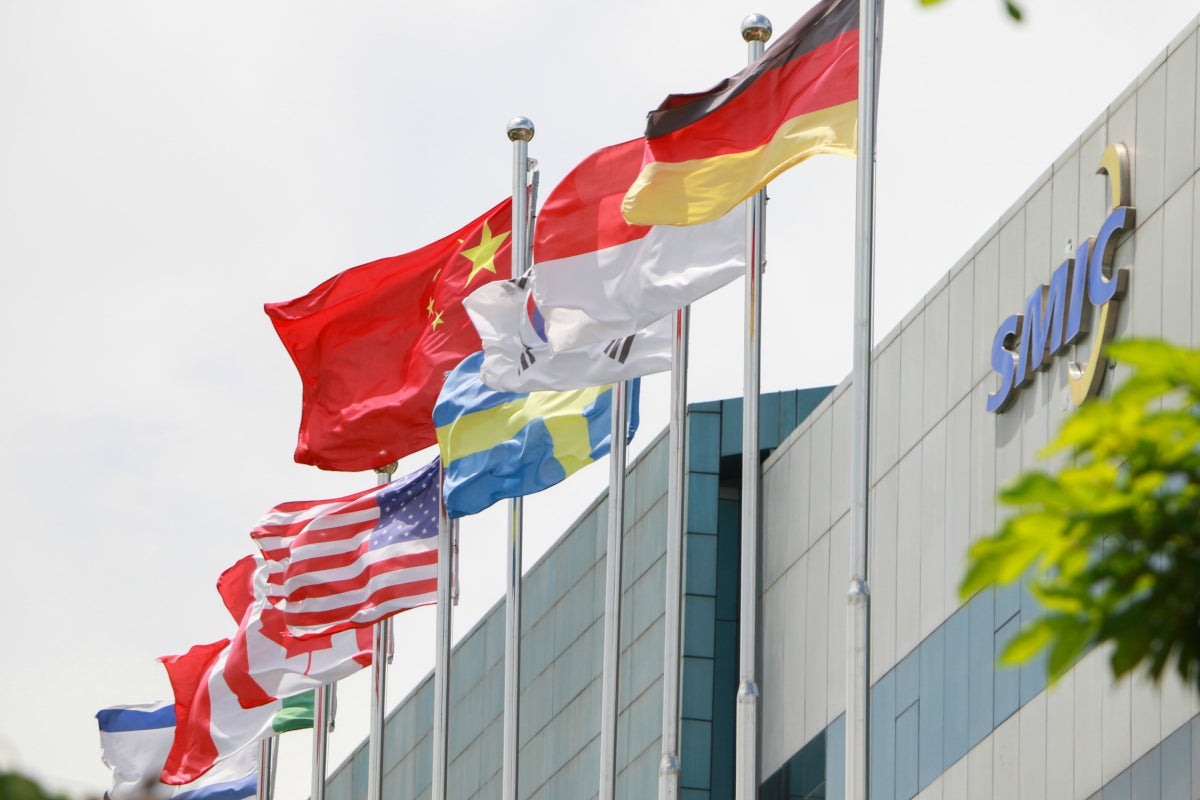Will China make a move on Taiwan to control the global chip market?

A battle is brewing in Asia that has extremely important implications for the future. Martijn Rasser, a senior fellow at the Washington-based think tank Center for a New American Security, says that "By gaining control over Taiwan’s semiconductor industry, China would control the global market. They would have access to the most advanced manufacturing capabilities and that is even more valuable than controlling the world's oil."
China might decide that it is worth it to invade Taiwan in order to obtain chip manufacturing gear
Rasser adds that "Whoever controls the design and production of these microchips, they'll set the course for the 21st century." And China might see such power well worth waging war over. Consider what happened to Huawei last year once the U.S. changed export rules related to chips.

SMIC is China's largest foundry but remains several process nodes behind TSMC and Samsung
Rasser goes on to add that "Semiconductors are the ground zero of the global technology competition. They're in everything that we need to function as a society."
Since last May, the U.S. has demanded that global foundries like TSMC that use American technology to manufacture chips must obtain a license before shipping these components to Huawei. And this includes shipping chips designed by Huawei itself to the company. Since losing the ability to purchase cutting-edge semiconductors, Huawei has seen a huge decline in phone shipments (including a 70% year-over-year plunge during the first quarter).
Last month, the outgoing top U.S. military commander in the Pacific said that China could invade Taiwan sometime during the next six years. The Biden administration could find itself having to help defend the U.S. tech industry by siding with Taiwan in any struggle with China. Taiwan Semiconductor Manufacturing Company (TSMC) is the top contract manufacturer in the chip industry and it counts Apple as its largest customer.
Fox News reports that over the last few days, China has flown jet fighters and long-range bombers near Taiwan. When you realize that 70% of the world's semiconductors are made in Taiwan, the importance of this issue comes into focus. The U.S. is concerned that if China were able to take control of cutting-edge foundries, it would give the Chinese military the ability to make great strides against the rest of the world.
Two weeks ago, the Biden administration blacklisted seven companies in an effort to prevent TSMC from selling advanced chips to China that could be used to make more advanced weapons for the Chinese military. The country is not advanced when it comes to the chip industry and its largest foundry, SMIC, remains several process nodes away from the current 5nm used by TSMC and Samsung.
SMIC and other foundries in China have been hoping to purchase the more advanced lithography equipment that would allow them to mark up wafers with extremely thin lines. These patterns help determine the placement of transistors on these wafers and are vital to the production of more powerful and energy-efficient chips. While China is having a hard time acquiring this gear, Taiwan is not.
Center for a New American Security's Rasser states, "China's been trying to get its hands on the equipment and so far it's not been very successful." What he says next might alarm you. "So you can easily imagine a scenario where Beijing decides it's worth the risk and actually invade(s) Taiwan to gain control of this vital industry.
Senator Tommy Tuberville (R-Alabama) said in a statement, "Taiwan is a serious area of interest not only because of what they represent as a people but the democracy they embrace. The free world should be concerned about the pivotal role they play in the semiconductor industry. It would be a miscalculation for China to believe they can ingest Taiwan.
Follow us on Google News













Things that are NOT allowed:
To help keep our community safe and free from spam, we apply temporary limits to newly created accounts: